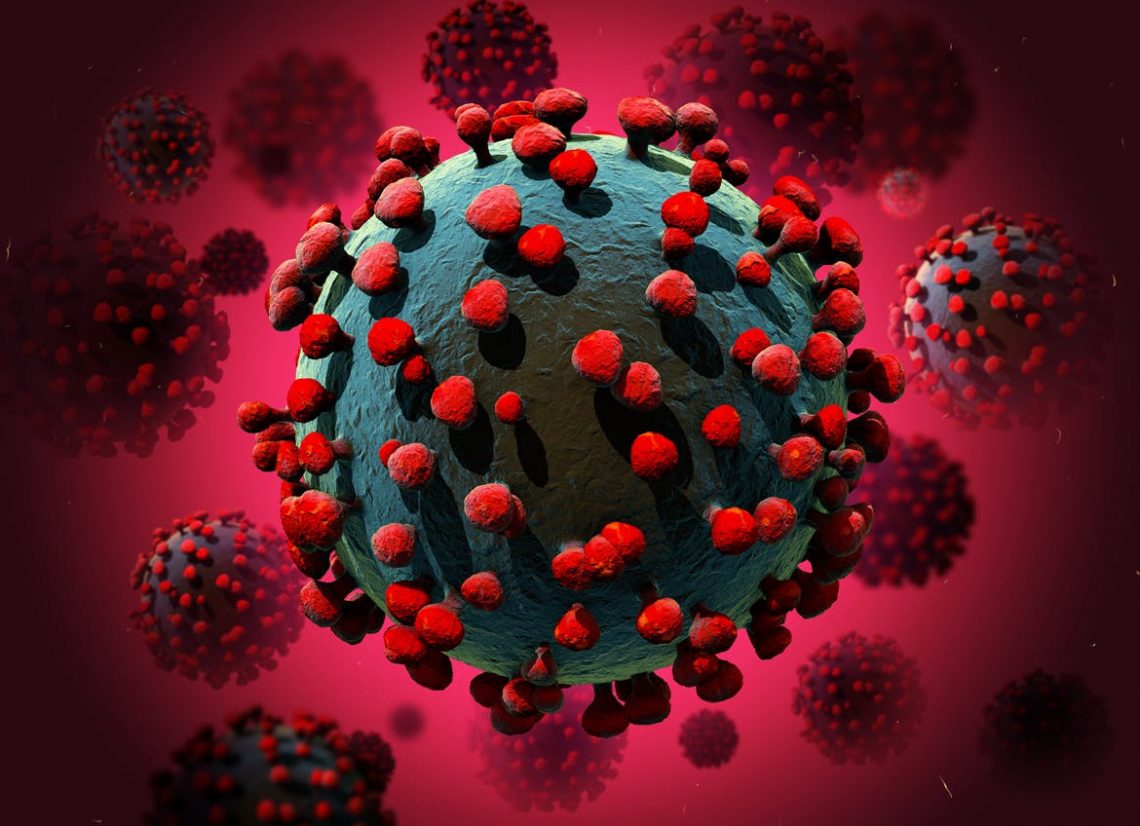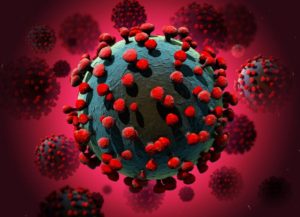The Nigeria Centre for Disease Control has detected a confirmed case of the SARS-CoV-2, known as the Delta variant in Nigeria.
The NCDC Director-General, Dr Chikwe Ihekweazu disclosed this in an interview in Abuja.
The deadly Delta variant is recognised by the World Health Organisation as a variant of concern.
The WHO said that the Delta variant was ‘dangerous’ and continued to evolve and mutate, and thus requiring constant evaluation and careful adjustment of the public health response.
Ihekweazu said the variant was detected in a traveller to Nigeria, following the routine travel test required of all international travelers and genomic sequencing at the NCDC National Reference Laboratory, Abuja.
“As part of Nigeria’s COVID-19 response, NCDC has been working with the Nigerian Institute of Medical Research (NIMR) African Centre for Genomics of Infectious Diseases (ACEGID) and other laboratories within the national network to carry out genomic sequencing.
”This is to enable the detection of variants of concern and initiate response activities.
“All data on variants from Nigeria have been published on GISAID, a global mechanism for sharing sequencing data.
”Given the global risk of spread of the Delta variant, positive samples from international travelers to Nigeria are sequenced regularly.
“The Presidential Task Force (PTF) on COVID-19 has initiated several measures to reduce the risk of spread of COVID-19.
”This includes the introduction of travel restrictions for countries where there is a surge in cases associated with widespread prevalence of variants of concern.
“The national travel protocol which includes compulsory seven-day self-isolation and repeat test on the seventh day after arrival, are in place to reduce the risk of spread of the virus.
”It is very important that this is strictly adhered to, to prevent a surge in COVID-19 cases in Nigeria,” he explained.
Given the high transmissibility of the Delta variant and following its detection in Nigeria, the NCDC boss urged all Nigerians to ensure strict adherence to public health and social measures in place.
“Proven public health and social measures such as physical distancing, frequent hand washing and proper use of face masks prevent infections and save lives.
”The COVID- 19 vaccine is safe and effective and offers protection against the disease,” he advised.
Additionally, he urged states to ensure sample collection and testing for COVID-19 was accessible to Nigerians.
“Public settings such as schools with accommodation facilities, workplaces and camps should utilise the approved Antigen-based Rapid Diagnostic Test (RDT) for rapid testing of their population,” he added.
He said although Nigeria had seen a low number of COVID-19 cases in Nigeria in the last eight weeks, it is incredibly important that we do not forget to be careful.
“Please protect yourselves and the people you love by adhering to the known public health and social measures, getting vaccinated if you are eligible and getting tested if you have symptoms.”






